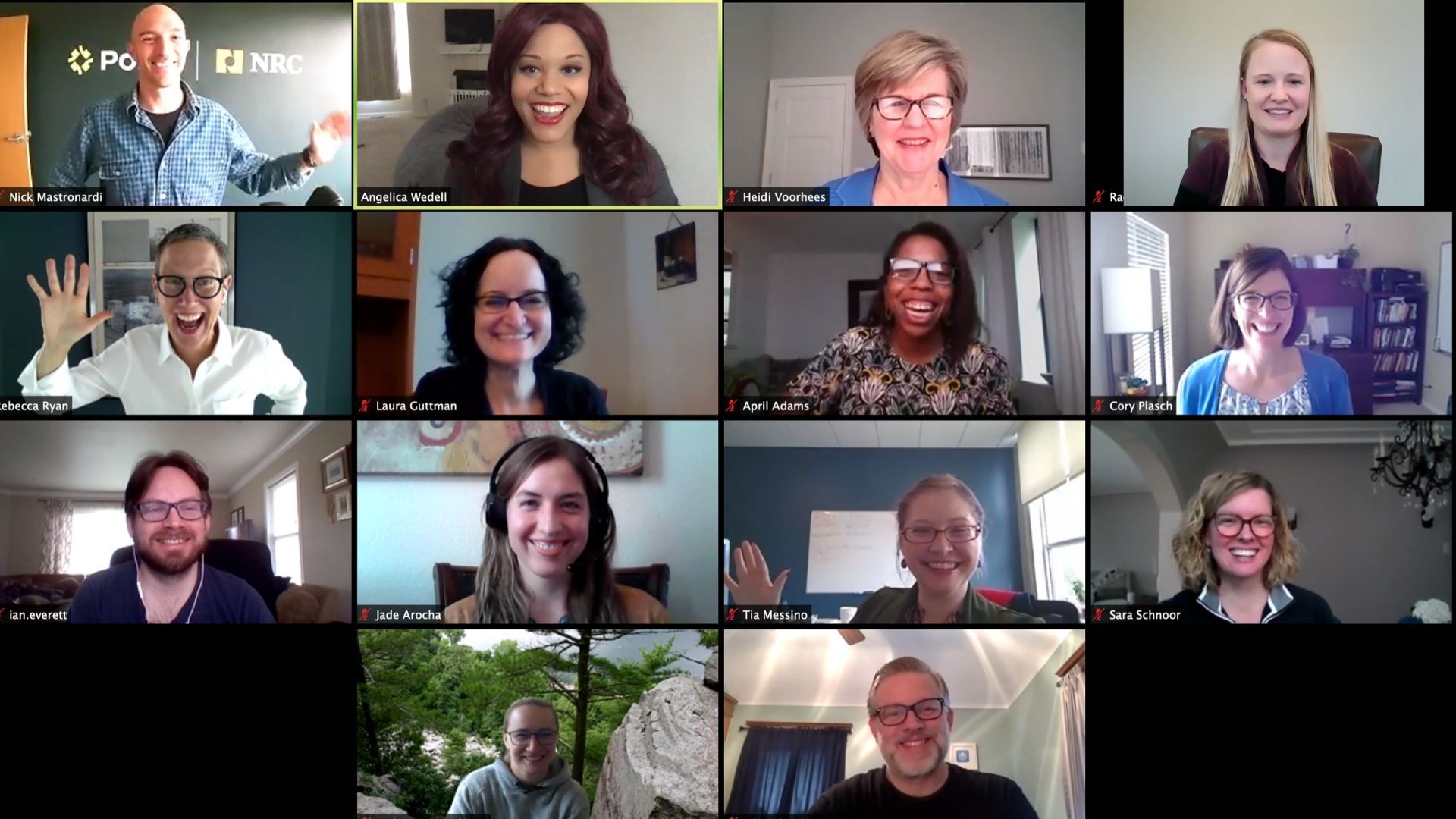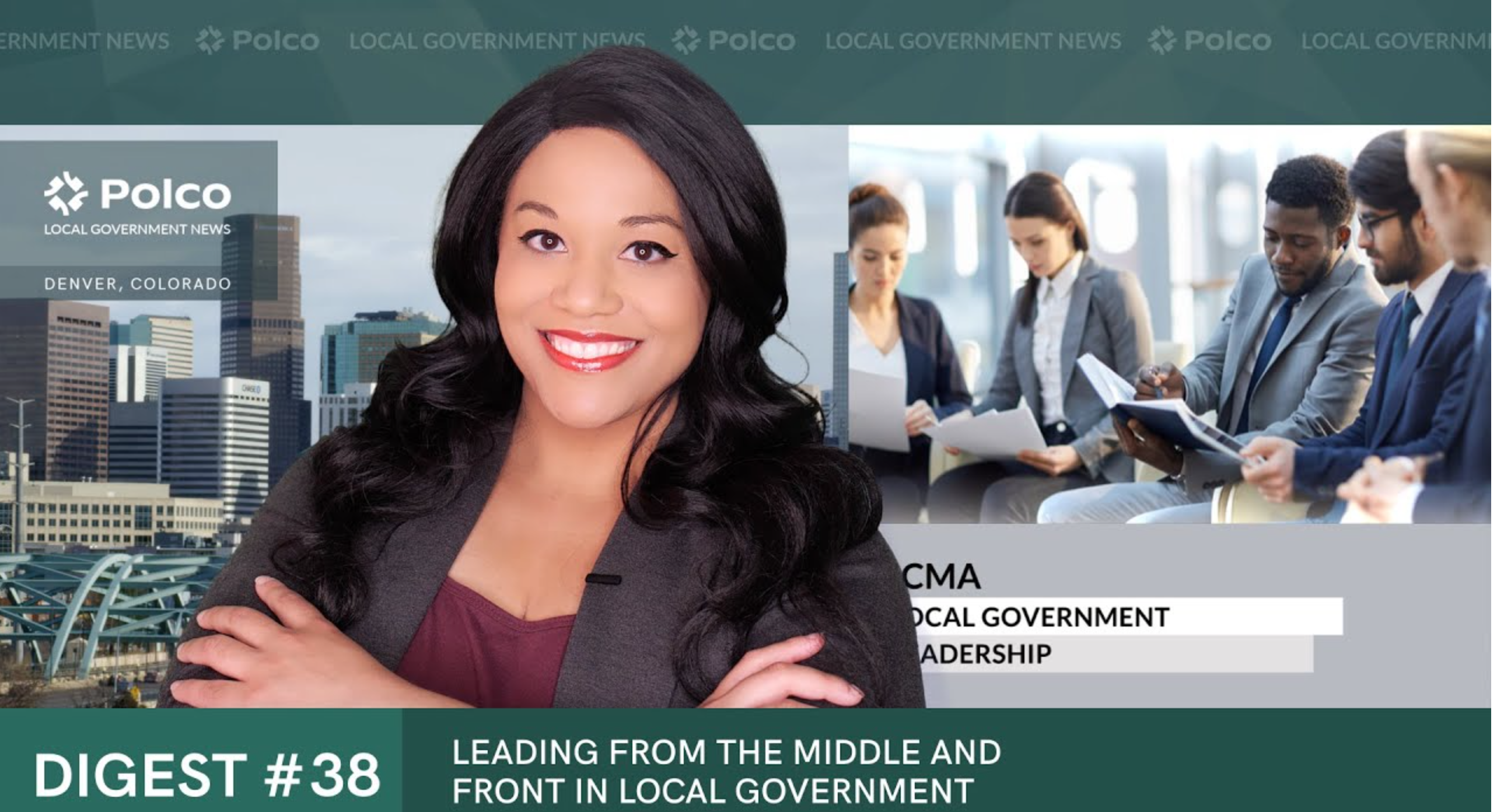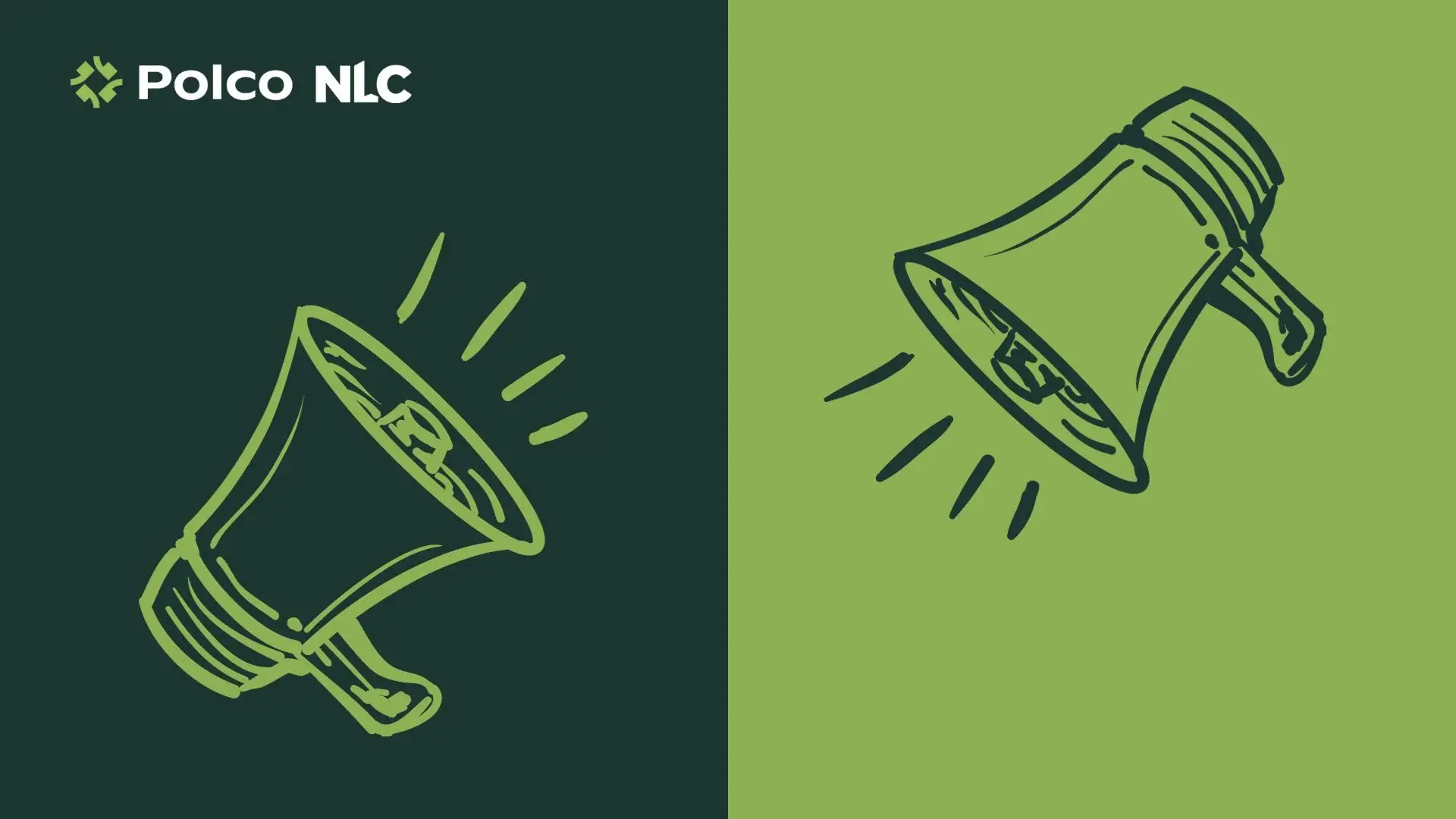During Pandemic, Local Government Leaders Find Creative New Ways to Innovate
By NRC on May 30, 2020

- By Jade Arocha, Polco/National Research Center-
This is part of a two part series on local government innovation as we emerge from COVID-19.
It is no secret that forward-thinking local government leaders have long been innovators by necessity. Historically leaders have innovated around matters that, while perhaps not always predictable or easy to solve, have precedent. They can typically draw upon their own past experiences or look to other communities in which a particular issue was dealt with successfully. However, for even the most innovative local government leaders, responding quickly and effectively to a global pandemic was quite likely not top-of-mind prior until just a few short months ago.
The COVID-19 crisis has required leaders to respond not only to critical issues directly caused by the spread of the virus – school and business closures, mask requirements, medical equipment shortages, etc. – but also to brand-new, less predictable problems that have arisen as a result of these restrictions.
Many municipalities have trimmed down to only core services and essential staff during the first push to limit the spread and impact of coronavirus. Even so, they must continue to function in some capacity in order to continue serving their communities.
While there will no doubt be some amount of “Monday morning quarterbacking” that occurs in the next months and years regarding the government response to the pandemic and how things should have been handled, the most effective thought leaders recognize the importance of collaboration and idea-sharing today in order to handle these issues the best that they can, as they happen.
To that end, Polco/National Research Center recently hosted an online virtual conference, Forward Together, that – in addition to hosting engaging speakers and covering relevant, timely topics - provided a forum for local government leaders to share ideas on how they have met these new and unprecedented challenges in their communities. These virtual roundtable discussions generated a wealth of fresh ideas and valuable opportunities to share knowledge.
When asked to share their favorite COVID-related innovation from a local government, and also what COVID innovations they were most proud of within their own organizations, participants were eager to share their thoughts.
Remote Work
“There have been challenges involving Zoom meetings – tech hurdles, mostly,” said Mike Davis, City Administrator for Middleton, WI., in reference to using Zoom to conduct City Council meetings remotely. “But in reality, this innovation makes government more accessible to all.”
There is an opportunity, he added, to keep remote meetings in place even after the current crisis to provide a greater degree of access to public meetings for residents. By meeting virtually, local governments are reaching a larger audience, which allows for more transparent government and more opportunities for residents to participate.
Heidi Voorhees, President of GovHR USA, shared that she has appreciated the changes made in hiring processes as a result of COVID-19, namely remote interviewing.
“We have been able to interview, and even hire, folks who have never even set foot in the community” using remote technology, she said. “Previously, we saw this for some harder-to-fill positions, but now we’re seeing more remote hiring across the board.”
She went on to note the decreased traffic congestion in many urban areas as a future opportunity to change the status quo.
“I think it highlights a great opportunity for very highly congested areas, like Los Angeles or San Francisco for example, to really understand that more people working from home can relieve this congestion in the community enormously.”
Polco/National Research Center Chief Operating Officer Sonya Wytinck shared that the company’s early adoption of part-time work-from-home policies years ago helped enable a quick and smooth transition in response to stay-at-home orders during the pandemic.
“NRC founders worked previously for the City of Boulder, which was a huge innovator for remote work at the time,” Wytinck said. “Their experience there helped shape NRC company policy in support of remote work. Clearly, having these policies in place has served us very well recently.”
Participants discussed that, for some positions, working from home can be much more efficient due to fewer interruptions than they would have at the office. However, as some noted, remote work can also introduce difficulty in measuring employee effectiveness.
“We need to be savvierr and find better ways to measure productivity and performance for people working from home,” said Voorhees.
Self-Care
When prompted to think about measures they had put in place to prevent themselves from missteps during this especially challenging time, one participant spoke from deeply personal experience.
“As someone who was diagnosed with COVID-19 and is now recovering, I have learned that self-care is vitally important,” said Angelica Wedell, Marketing Director for Polco/NRC. “Take care of yourself, both mentally and physically. You cannot take care of others effectively if you don’t take care of yourself first.”
Polco/NRC CEO Nick Mastronardi added to this sentiment, sharing that “speaking about personal rather than organizational anxiety, you have to do the best that you can in the situation that you are in and be transparent with everyone, given the current circumstances. Accept that you can only control what you can control.”
Resident Communication
Roundtable participants also discussed the importance of innovation in digital communications in the era of COVID.
John Chrastka, Executive Director and founder of EveryLibrary, said that “for us to succeed, the listening part of communication is crucial. Unless we are listening, the ‘push’ of communication won’t work and people will stop listening to us.”
People are eager to reopen, he noted, but residents are “listening to us for guidance right now, and we also need to listen to them in terms of what their needs are.”
To that end, responded Nick Mastronardi, many of Polco/NRC’s clients are taking advantage of COVID-19-specific question sets for local governments in order to gather vital and timely opinions from residents and businesses on the effectiveness of their COVID-related response. Real-time digital engagement, added Nick, is an important part of the overall strategy to meet resident needs.
An Opportunity for Long-Lasting Change
A cohesive theme that emerged was that local government leaders are not simply treading water during the current crisis, but are using the opportunity to effect lasting, meaningful change in the way things are done in their organizations.
Mark Romito, Finance Director for Upper St. Clair Township, PA, shared that he was “challenging each department director to encourage them to think about process improvement. COVID presents a new and unique opportunity to encourage this. As a way of reducing costs, process improvement can have a positive effect by not requiring us to cut costs in other areas. We are looking at ways to do things differently in every department.”
By using process improvement as a framework for innovation, local governments can potentially come out the other “side” of COVID even better than before.
Related Articles:
Popular posts
Sign-up for Updates
You May Also Like
These Related Stories

Leading From the Front and Middle of Local Government

Top Eight Local Government Innovations As We Emerge From COVID-19

